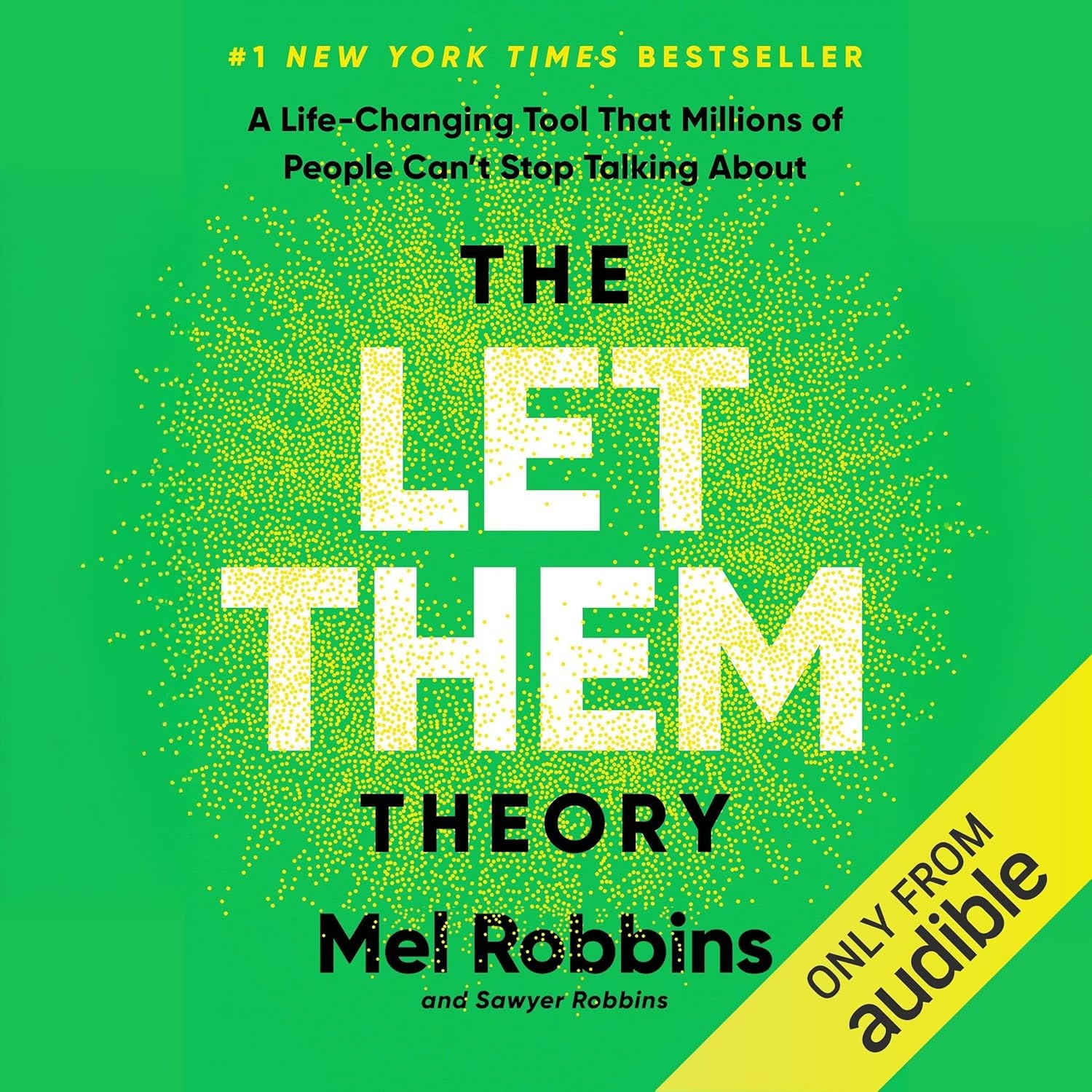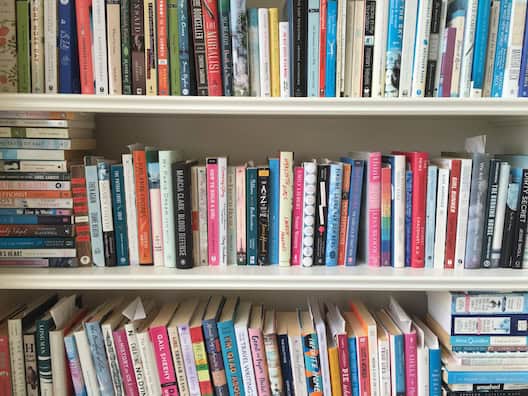I adored In Need of a Good Wife, and was totally engrossed in the story, the setting, the characters. What got you interested in the subject of mail order brides to begin with?
I can’t remember when I first learned that there were women in the nineteenth century who traveled west to marry men they had met through the newspaper. Maybe from reading Sarah Plain and Tall, which I’ve since reread many times — that is a marvelous, poetic book. But it was one of those ideas for a novel I had knocking around in my head for a long time. A couple of years ago, I started looking into it and the story started to grow. There’s so much potential for drama. Both the bachelor and the bride are going in blind, and both of them have serious expectations about what will result from the match. It seems there are so many ways in which it could — and did! — go wrong.
Tell us a little about the research you did. What were some of the more interesting facts you learned? What were the most surprising things you discovered?
I read accounts of mail-order brides, who placed ads in a newspaper called The Matrimonial Times, and accounts of couples who were matched through family or friends and exchanged letters. I also read the journals of homesteading men and women to get an idea of what it was like for someone to leave New York City behind for a small town in the west that was more like an idea than a place. Women who lived in cities at this time had come to rely on certain conveniences, like store-bought clothes and canned food, but on the prairie they would have to learn true self-sufficiency. They also had to leave behind their entire social safety net to live with a man who was a complete stranger. Not to mention bookstores and theater and restaurants and orchestras and any other sort of entertainment they might be used to.
The women in your novel decide to pick up and move west for a wide variety of reasons. What did you find were the main reasons women actually did so back in the 1860s?
Because women in the nineteenth century didn’t have the same property rights as men, or the same access to education and work, marriage was often the only avenue to financial security. So usually when a woman chose to leave everything behind to marry a stranger, it was because she had to. He would provide for her. She would give him children, and take care of his home. If love grew out of the transaction, all the better, but few people went into these arrangements expecting it. There were other women, though, who were looking for adventure. I played with those ideas a little bit in the book, imagining a few different reasons why my characters would decide to go.
What personality traits do you think were necessary for female pioneers to lead happy, productive lives on the prairie? Do you think you could have done it?! I know I could not!
I don’t know about happy. Happiness as we think of it in 2012 is a very modern concept, something we only worry about because we have the luxury of time! I remember my grandmother telling me once that she had never thought about whether she was happy — she was too busy ironing. She had eight children.
I think that in order to survive, in order to thrive and be successful at breaking the land and making a comfortable home, women homesteaders had to be incredibly brave and incredibly stubborn. They had to keep the vision of what they were trying to achieve fully alive in their minds at all times, so that they wouldn’t give up. They could not let themselves be deterred by anything: loneliness, fear, drought, hunger, sickness, death, boredom — that would be a big one! They had to believe in what they were doing, and they had to know that they would not see the benefits of their work, but perhaps their children would, or their grandchildren. So they had to be unselfish, good stewards of the land and of the future. That is what Willa Cather’s O Pioneers! is about — another great novel of the prairie.
Not everyone was cut out for it, not by a long shot. Not all of my characters were. As for me — dream on! I resent having to remember to use dryer sheets!
We’ve come a long way from mail-order brides to e-Harmony – or, uh, maybe we haven’t! What do you think has changed, and what’s stayed the same in the century and a half since your book takes place?
Ooh, great question! What’s changed is that people want and expect to fall in love, and they expect that great love to be the person they spend their lives with. I think, in the past, people saw marriage in much more pragmatic terms. Love might grow between two people over time as they shared children and a home, but they often didn’t start out in love. And sometimes a person’s great love was someone other than the man or woman to whom they were married. I talked about this in The Lost Summer, too — love and marriage didn’t necessarily have anything to do with one another. That said, many married couples — either married by arrangement or any other way — were deeply in love.
What has stayed the same is that it’s hard to meet the right person! People are complicated. They want all kinds of contradictory things. They are on a lifelong journey of getting to know themselves, and sometimes they aren’t a good judge of who is best for them.
Sometimes I think we glamorize the past and assume people had better morals back then. The truth is there are always going to be good people and bad people, as your story makes clear. Rowena could fit right into a modern day Mean Girls. Were the characters based on real women you read about?
The more you learn about history, the more you let go of these assumptions. They were people then, just as we are now, complex, as I said before, and full of all kinds of beliefs and grudges and delusions and expectations. Social mores were more restrictive then, but all that meant was that conversations and deeds were happening behind closed doors. Now there is no filter — everything is out in the open! — but I don’t think there’s any more sex or theft or dishonesty now than there was back then. It was just hidden. These characters are creations, but part of them are based on real women I’ve read about.
I was so intrigued by all the women, but found myself really rooting for Elsa, the warm and caring laundress who had never had a real relationship. Which character did you feel a special connection to, and why?
I love them all, even Rowena! It was awfully fun to write about her when she was losing her temper. But Elsa has a special place in my heart too. She is so kind and her faith is a quiet, personal kind of faith, not the kind of public moralizing that usually conceals hubris.
Your last book, The Lost Summer of Louisa May Alcott – which I’m dying to read, by the way – is a fictionalized account of, obviously, a real person. What is about history that so fascinates you and makes you want to write your own version?
I honestly don’t know! I love taking these journeys into the past. I love investigating the ways in which things have changed, and the ways in which they’ve stayed the same.
What’s next for you? I’m hoping you’ll consider a sequel to In Need of a Good Wife so I can see what happens to these characters …
I am working on another historical novel, set in 1835 in northern Michigan. It’s still a work in progress. Stay tuned!
This post originally appeared on my former blog, StyleSubstanceSoul.com.



